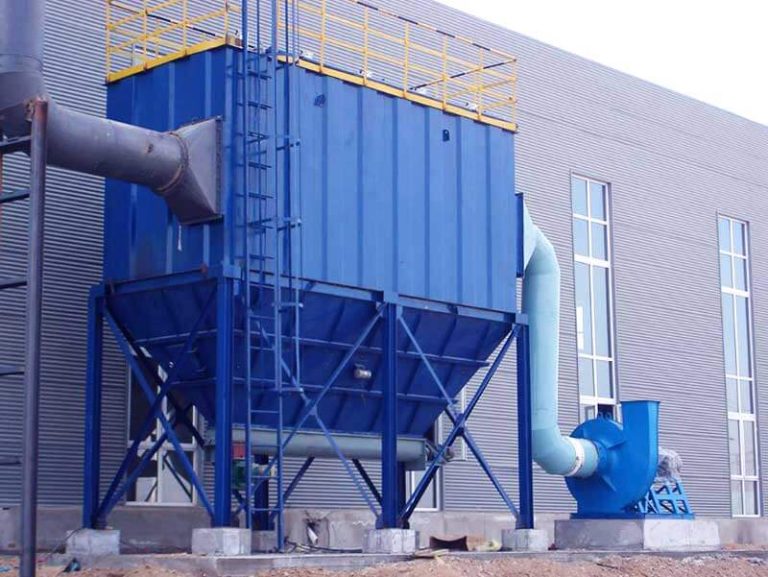In many manufacturing processes, industrial bag filters are a vital component of dust collection systems. They collect dust, pollen, and other airborne contaminants in an out-to-in flow inside the filter bag.
Filter bags are made in various formats: mesh, single layer, multilayer, graded pore, and pleated types. Each design has its dirt-holding capacity.
Increased Productivity
Industrial bag filters are an essential part of many manufacturing processes. They remove contaminants from a system and reduce the risk of explosions.
They are also a cost-effective way to control air pollution. They can be used to filter liquids, gases, and other media.
The performance of an industrial bag filters VA depends on several factors, including the size and material of the housing, the contaminant type, and the liquid or gas flow rate.
For example, if the contaminant is fine particles, a pleated filter may be needed to capture these particles effectively. Particle size is also important because it can affect the amount of bags required and the air-to-cloth ratio necessary to filter the system efficiently.
Reduced Downtime
Industrial Bag Filters can help improve efficiency in manufacturing processes by reducing downtime and maintenance costs. They can also reduce waste disposal costs, limit worker exposure to process liquids, and provide a more efficient method for removing contaminants from the air.
Different industrial filters can be used for filtration, including nonwoven, mesh, melt-blown, and needled felt types. Each type has its benefits and disadvantages, so selecting the right filter for your needs is essential.
When choosing a filter, consider the contaminant you want to remove, the airflow needed, and the housing material that will work best for your application. These considerations can help you find a solution that will reduce downtime, increase productivity, and improve the quality of your products.
Improved Product Quality
Regarding your industrial processes, the right bag filter can help you maintain high quality. This can lead to increased production and a lower chance of contamination.
In some cases, it can even improve your reputation and reduce recalls. If you produce drugs or chemicals, it is essential to have a proper filter system in place to prevent contamination.
Getting suitable filters can also ensure that your employees are not exposed to harmful substances that could affect their health. This is especially important for workers who are handling dangerous materials in the manufacturing process.
Filtration solutions are designed to meet your exact application needs. They are available in various elements, from multilayer construction and pleated extended surfaces to advanced sealing technology.
Increased Profitability
Industrial bag filters improve efficiency in manufacturing processes by minimizing waste at the source. By filtering early in the process, manufacturers save money, energy, and resources – sometimes millions of dollars.
They also reduce long-term risk and liability by capturing fugitive solids at manufacture. This helps meet the Environmental Protection Agency’s (EPA) Prioritized Hierarchy of Waste Management.
Unlike cartridges, bag filters require significantly fewer change-outs, saving labor and transportation costs. They also need less storage space for spare-filter stock.
In addition, pleated bags offer a lower pressure drop due to their larger surface area and no large holes for the dust to pass through. This lower pressure drop increases filter efficiency.
They can also help increase filter life and prevent clogging by applying to precoat or precoat filter aid to the fabric filter. This dry, chemically-inert, non-toxic, and easy-to-use powder can coat and condition the fabric filter to increase filtration efficiency and effectiveness.

